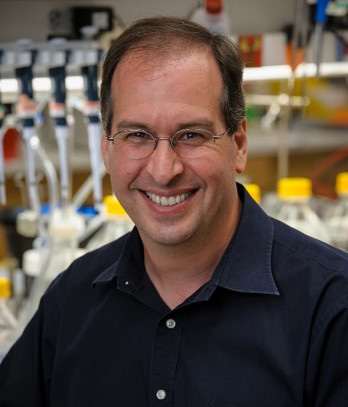 Co-sponsored by Department of Biochemistry and Molecular Biology and the Michael Smith Laboratories.
Co-sponsored by Department of Biochemistry and Molecular Biology and the Michael Smith Laboratories.
“Regulation of Cellular Biochemistry by Liquid-Liquid Phase Separation”, by Dr. Michael Rosen, Professor, Department of Biophysics, University of Texas Southwestern Medical Centre, Howard Hughes Medical Institute.
Monday, March 2, 2020 at 4:00 pm, LSC#2
Host Dr. Joerg Gsponer
Biomolecular condensates are two- and three-dimensional compartments in eukaryotic cells that concentrate specific collections of proteins and nucleic acids without an encapsulating membrane. Many condensates behave as dynamic liquids, and are believed to form through liquid-liquid phase separation (LLPS) driven by interactions between multivalent constituents. Unlike macromolecular machines such as the ribosome, which have discrete subunit stoichiometries and size, condensates can form with a wide range of component stoichiometries, and range in size from hundreds to thousands of nanometers. While the physical mechanisms that promote and regulate LLPS in vitro and in cells are increasingly well understood, the biochemical functions that arise from organization of macromolecules into these meso-scale assemblies are still mysterious in most cases. In my talk I will discuss condensates that are formed by actin-regulatory signaling molecules. I will explain how the molecules assemble into condensates, how this assembly leads to new biochemical functions, and how these functions are controlled by condensate composition. I will also discuss a new direction in the lab focused on understanding how chromatin may be organized by LLPS, and dynamically regulated by various remodeling machineries. These behaviors may contribute to formation of functionally distinct compartments in the eukaryotic nucleus, which are important to processes including gene regulation and DNA repair